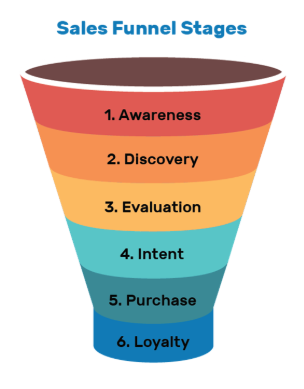About 40 People - An Explanation and Approximation
I have written other posts about "the money being in your list". This post is related. I have argued that building a large list and monetizing that list is certainly one viable strategy, however not an easy one - both in terms of the resources required to make it happen (a capture page, autoresponder, etc.) AND the entire process to make it happen. Juxtaposed to this is a small list. A group, if you will... of About 40 People. Or, a tight-knit community of 40 who share common values, skills, goals... an interdependent, supportive, and cohesive structure all geared to each others' financial well-being. Allow me to slice and dice this a few different ways. So, why 40? To be clear, I am starting here explaining the "end state". This is the place you work toward and where you "end up" after a year's effort. (You can't blink this into existence). We use a progressive model that builds different income platforms. The first starts at

